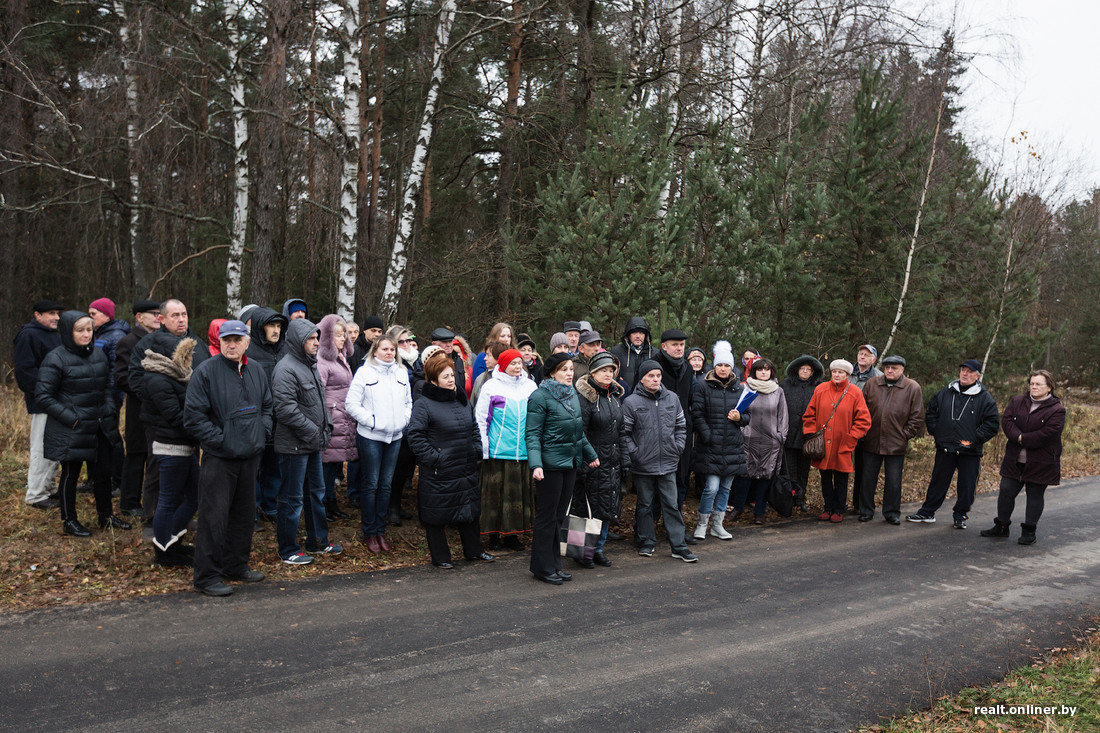Parties hardly managed to mobilise their activists for the elections, and green initiatives have gained popularity in the confrontation with investors
 The situation has not changed
The situation has not changed

Political parties have failed to mobilise activists: nominees from the opposition have decreased in number as compared with the 2014 elections. Protest electorate, discontent with the state socio-economic policy, has not shown any interest in the election campaign. Meanwhile, the popularity of green initiatives and protests against harmful industries has grown along with re-industrialisation attempts in the regions and increased tension between investors and the local population.
The party opposition has nominated few candidates for deputies to the local councils. Out of 400 total nominees, 130 were from Tell the Truth, which focused on engaging citizens in legal forms of pressure on the authorities. Parties failed to repeat the success of last year’s spring protests and to transform people’s discontent with socio-economic policies into electoral forms of defending public interests, in particular, to become candidates for local deputies. Candidates from the opposition have seriously reduced in number also as compared with the 2016 parliamentary elections. Apparently, the protest electorate of the Belarusian National Committee and the right centrists is largely demotivated and frustrated with electoral procedures. In addition, this trend has been facilitated by the authorities: the campaign is taking place during the winter holiday season and lacks coverage by the state media. Meanwhile, Statkevich-led Belarusian National Committee has begun preparations for Den Voli (Freedom Day) celebrations and intercepted the agenda from traditional organisers of the event.
Recently, tensions between the local population and private investors investing in the construction of hazardous industries have grown, in particular in Brest and Svetlogorsk. Green initiatives and independent media outlets, including those on the Internet and the Belsat TV channel, attempted to coordinate people’s discontent with the authorities’ approaches. This has strengthened citizens’ positions in disputes with the local authorities and investors. The determination of local residents to defend their interests has prompted the authorities to respond and mediate conflicts between the population and investors, and pay more attention to people’s needs. In addition, local population has become increasingly discontent with chemical production facilities modernized through Chinese technologies and loans, such as the Svetlogorsk pulp and paper mill. That said, local residents in Ostrovets have not put substantial pressure on the authorities in connection with the construction of the Nuclear Power Plant there. The first unit of the Belarusian NPP should be commissioned in December 2019.
Political parties are likely to become more visible in the streets with the beginning of the campaigning stage. Political parties and opposition candidates are likely to increase their engagement in protest pressure on the authorities on the local agenda, including attempts to mediate the confrontation among the local authorities, investors and voters.
Subscribe to our newsletter




Situation in Belarus
Constitutional referendum: main consequences


 Video
Video
How to count the political prisoners: are the new criteria needed?


 Video
Video
Paternalism In Decline, Belarusian Euroscepticism, And The Influence Of Russia


 Video
Video












